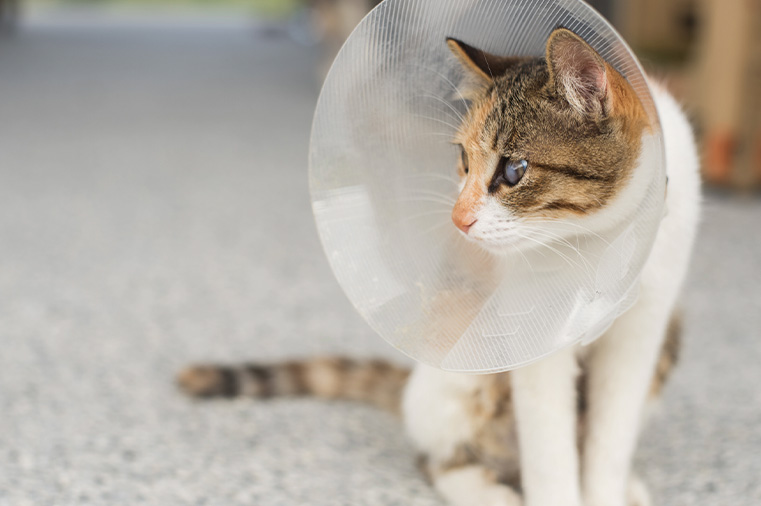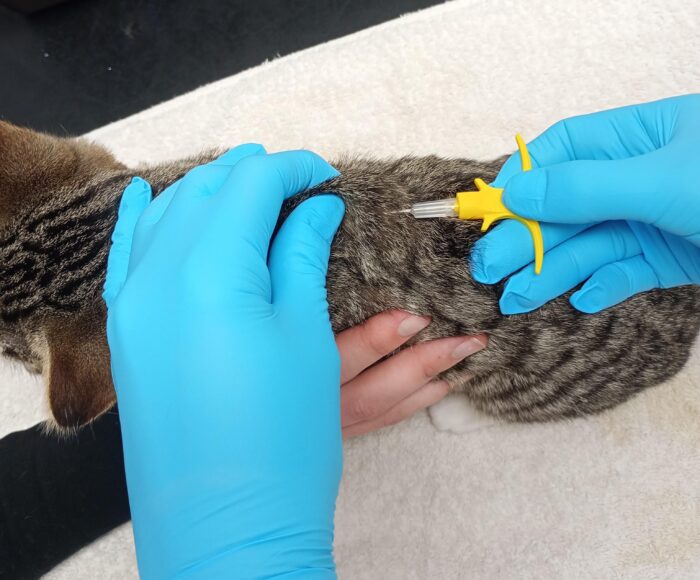Feline Care Guide
Welcome to our Cat Care Guide! Cats are independent and charismatic companions known for their diverse breeds and unique personalities. As beloved members of our families, they bring joy and companionship to our lives. Here, we provide essential care information to ensure your feline friend leads a healthy and fulfilling life.
Diet and Nutrition
Cats have specific dietary needs that require attention. Choose high-quality cat food that is appropriate for their age, size, and health status. Understand the importance of protein-rich diets and balanced nutrition. Consult with your veterinarian to establish a feeding plan that supports your cat’s overall well-being.


Housing and Environment
Creating a comfortable and enriching living space is vital for your cat’s happiness. Provide various vertical spaces for climbing and perching. Ensure they have cozy spots for resting and hiding. Cats appreciate a safe and stimulating indoor environment, but if they venture outdoors, consider implementing safety measures to protect them from potential hazards.
Exercise and Enrichment
While cats are more independent than dogs, they still benefit from regular play and mental stimulation. Engage them with interactive toys, scratching posts, and puzzle feeders. Encourage hunting and stalking behaviours through play and consider harness training for supervised outdoor exploration if desired.


Health and Wellness
Proactive healthcare is key to ensuring your cat’s well-being. Establish a vaccination schedule tailored to your cat’s needs, including core vaccinations for diseases like feline distemper and rabies. Regular veterinary visits allow for early detection of health issues. Discuss preventive measures against common feline ailments, such as dental care and urinary health.
Grooming and Hygiene
Cats are known for their self-grooming habits, but they may still require your assistance. Brush your cat’s coat regularly to prevent matting and reduce shedding. Trim their nails as needed and ensure proper dental care through brushing or dental treats. Monitor their ears and eyes for cleanliness and address any signs of irritation promptly.


Behaviour and Training
Understanding your cat’s natural behaviours and instincts is essential for a harmonious relationship. Respect their need for alone time while providing interactive play and enrichment. Litter box training is crucial, and positive reinforcement techniques can help in teaching basic commands. Address scratching behaviours with appropriate scratching posts.











